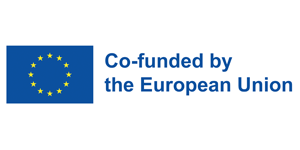Panic is a multifaceted phenomenon that extends far beyond individual fear. The opening of this year’s theme symposium is dedicated to the diversity of panic—from its physical and neurobiological foundations to its social and cultural dimensions. From a medical perspective, various brain regions such as the amygdala, hippocampus, and prefrontal cortex are involved in anxiety and panic, working together with neurotransmitters like serotonin and noradrenaline to regulate the fear response. Yet panic is not merely an individual feeling; it also reflects the complexity of global systems and structures. In a world shaped by media and an overload of information, collective anxieties arise that influence and intensify social dynamics. The conference will shed light on the cultural history of dystopian narratives, which have always served as a mirror of social insecurities, and discuss how current threats—from wars to political upheavals—are triggering new forms of panic and shaping our coexistence. The aim is to understand and reflect on panic as both a societal and individual phenomenon from a variety of perspectives, while also examining strategies to confront and overcome it through peacebuilding initiatives and community work at both individual and societal levels.
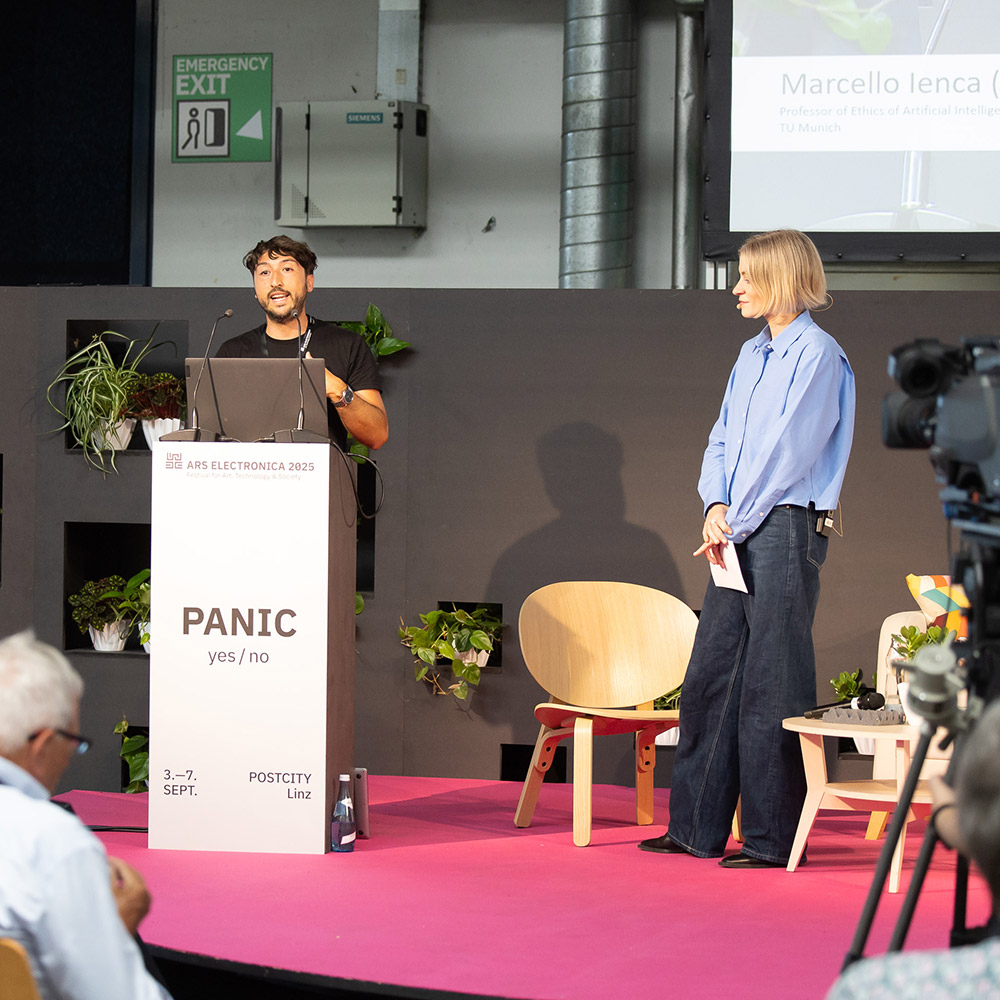
Photo: flap
Conference
Panic in a Global Context: Neuroscience, Culture, and Crisis
POSTCITY, First Floor, Conference Hall
Language //
EN
Ticket //
FESTIVALPASS+, FESTIVALPASS, ONE DAY PASS
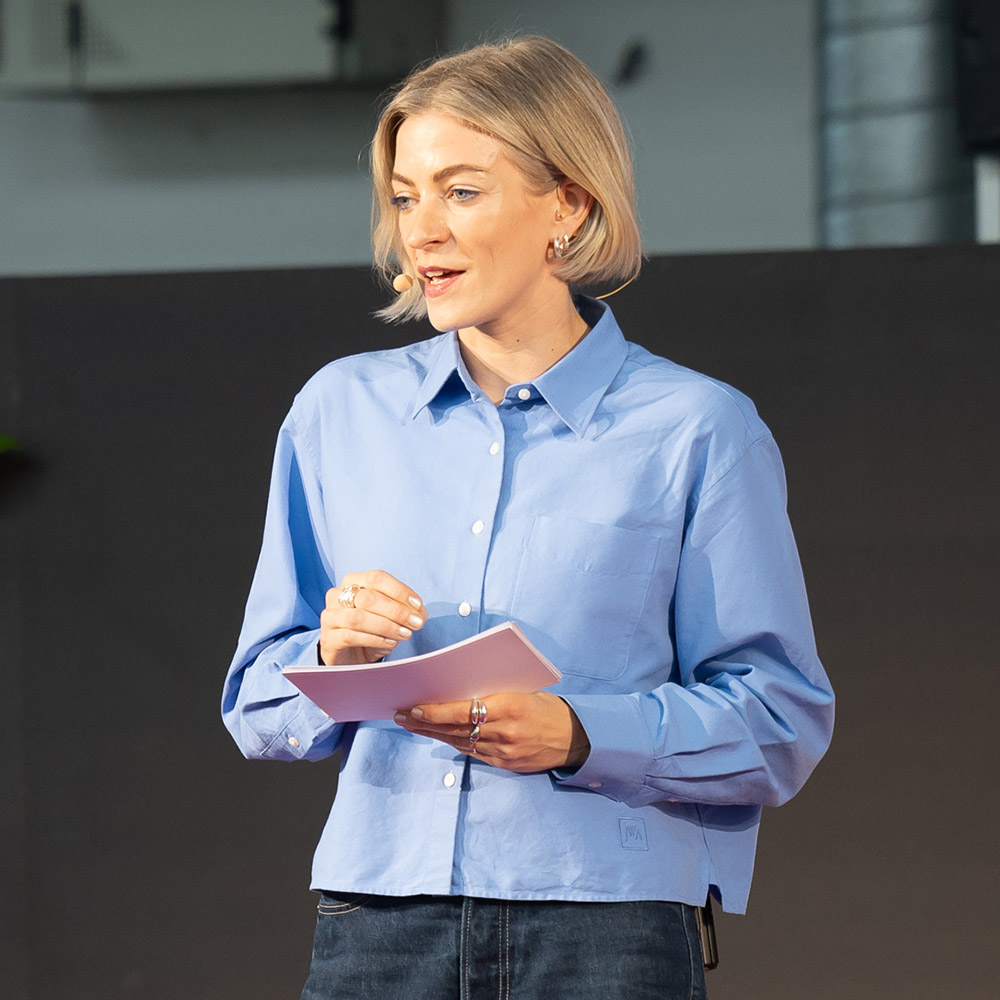
Welcome & opening remarks
Johanna Teresa Wallenborn (DE)
Stage host Johanna Teresa Wallenborn will kick off the day with a brief overview of the program, topics, and speakers featured on the first day of the Theme Symposium.
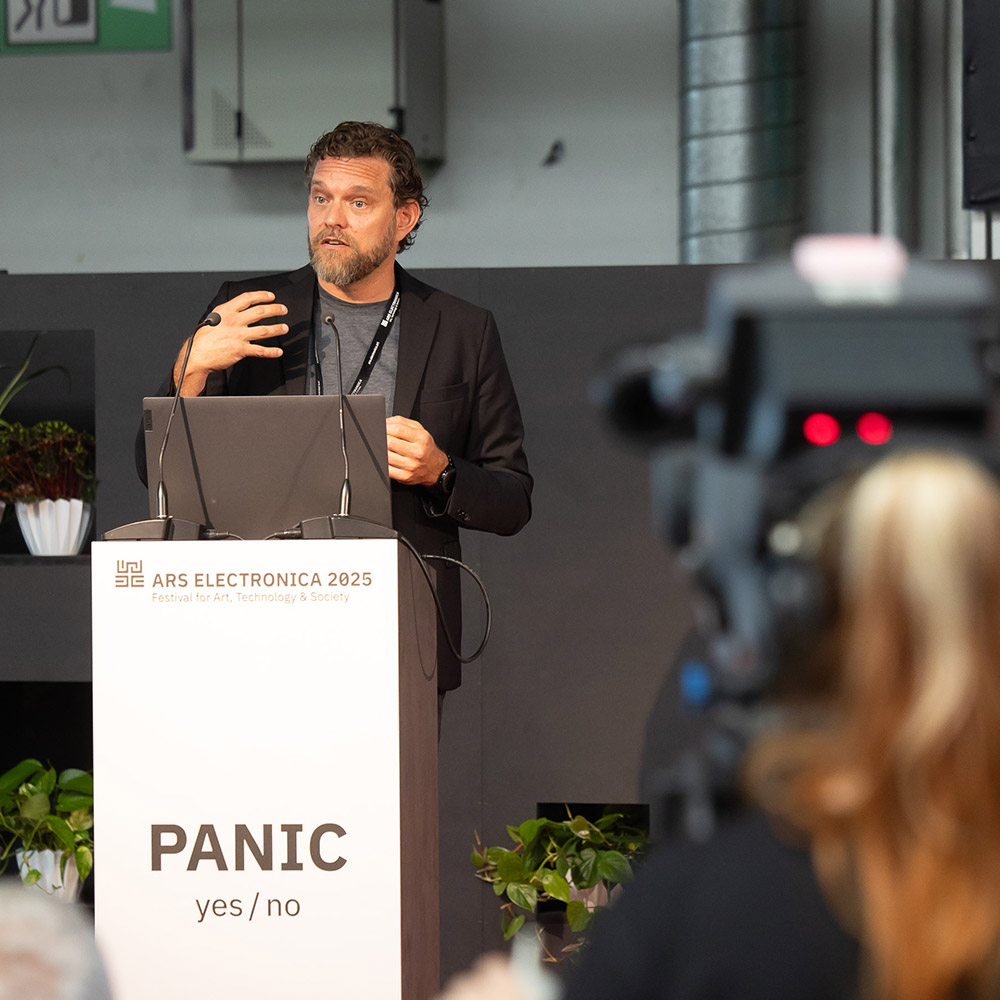
Deep dive into the brain: On the evolutionary and neurobiological foundations of panic
Philip Tovote (DE)
Join neuroscientist Philip Tovote as he takes us on a journey into the brain’s ancient wiring. Discover how primal survival circuits and intricate neural networks spark our panic responses — and why evolution has kept these intense emotional reactions alive in humans for millions of years.
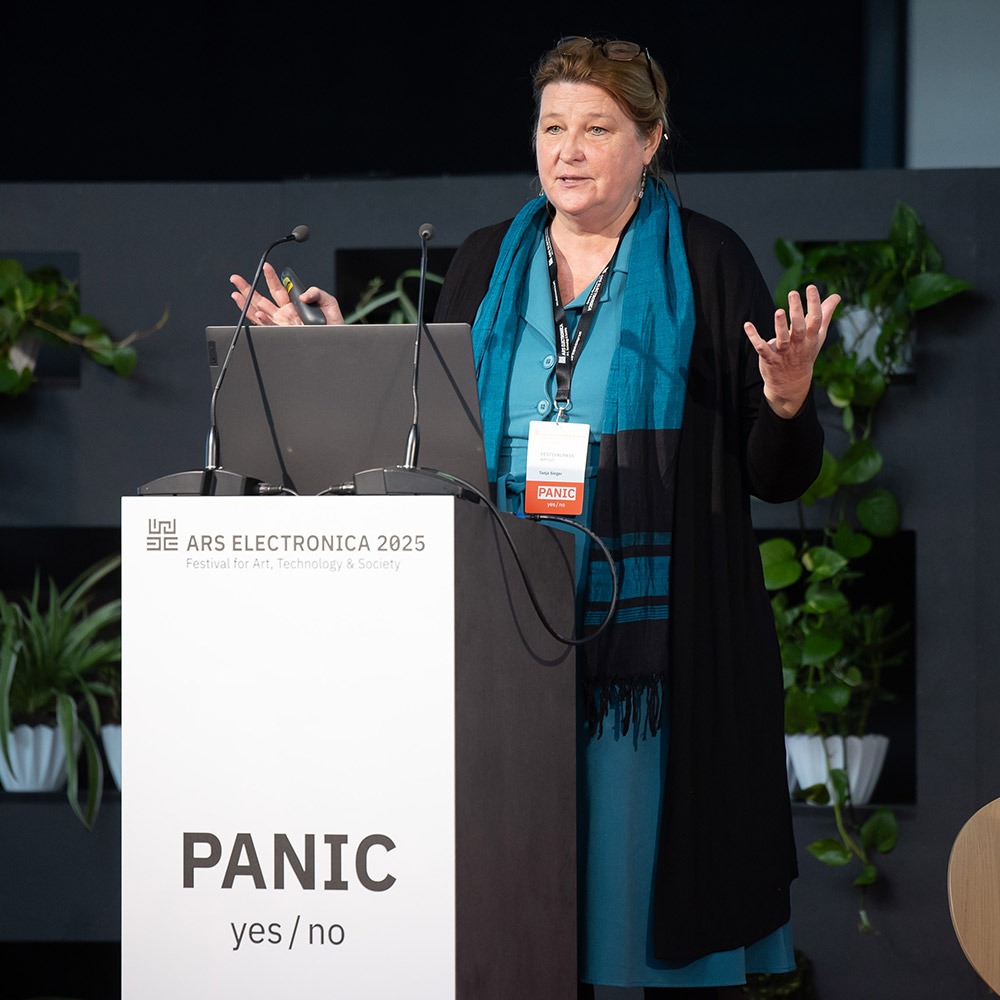
No panic! How to develop resilience and train the social brain
Tania Singer (DE)
In this talk, social neuroscience pioneer Tania Singer invites us to explore the science of the “social brain”—and how targeted mental training can spark profound changes in the way we think, feel, and connect.

Too late to panic? Neuroethical implications of neurotechnologies
Marcello Ienca (IT/DE)
In this talk, cognitive scientist and neuroethics expert Marcello Ienca takes us inside the fast-moving world of neurotechnology—with a special focus on the rise of neuroimplants.
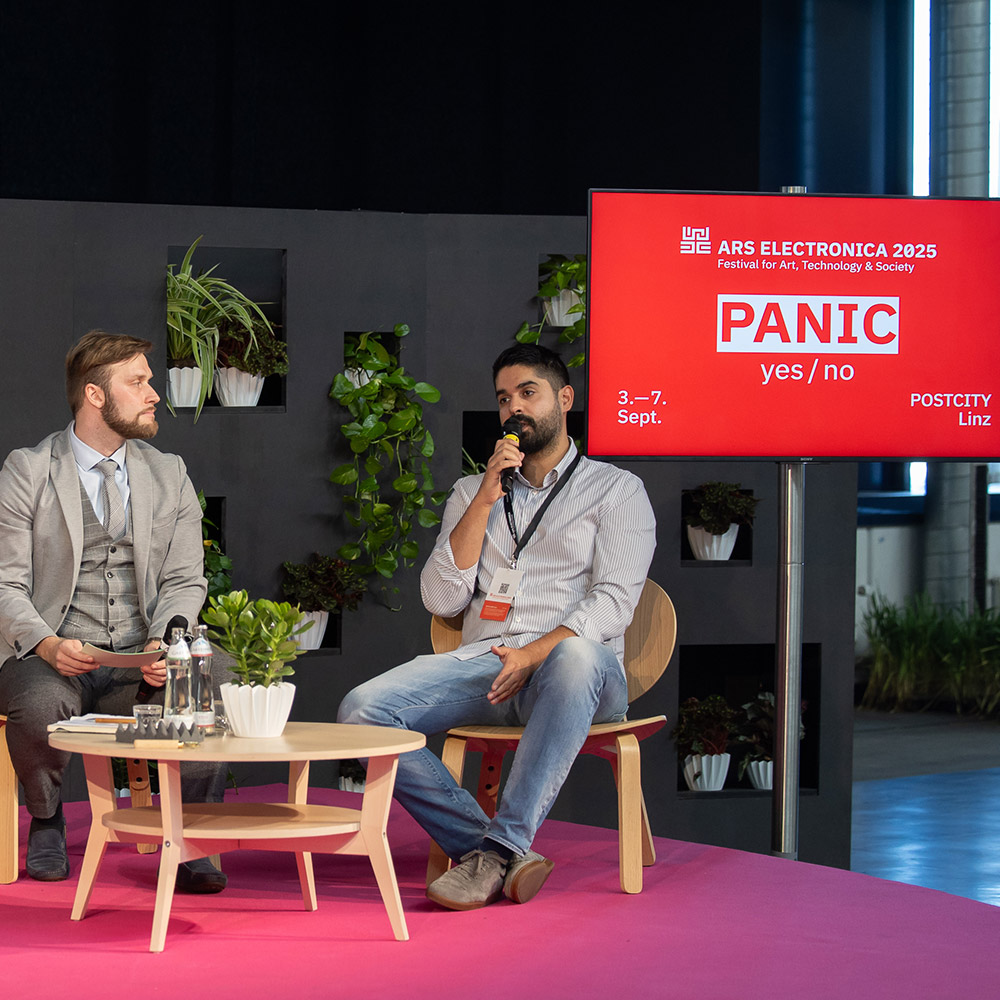
Worlds in disorder. Understanding times of political change and uncertainty
Natascha Strobl (AT), Emran Feroz (DE), Stephanie Fenkart (AT); Moderator: Josef Mühlbauer (AT)
In this panel discussion, Stephanie Fenkart, Emran Feroz, and Natascha Strobl unpack the fears gripping Europe today, exploring their roots and their impact on society.
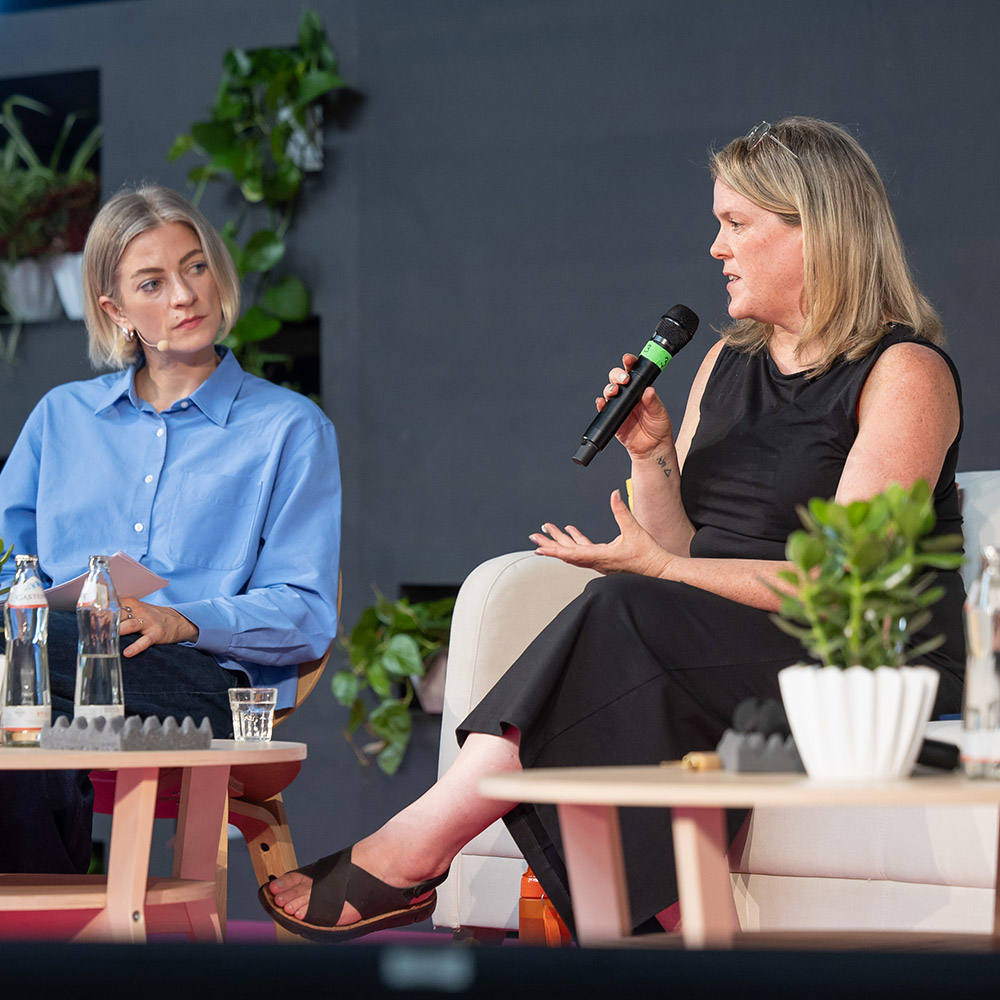
Death by complexity? “Ultra systems” and other (non-)existential risks revised
Georgina Voss (GB), Thomas Moynihan (GB); Moderator: Johanna T. Wallenborn (DE)
Georgina Voss and Thomas Moynihan explore how personal and collective anxieties arise in uncertain times. Together, they trace why fears of societal collapse persist and what they reveal about our struggle to comprehend a world that may be beyond understanding.
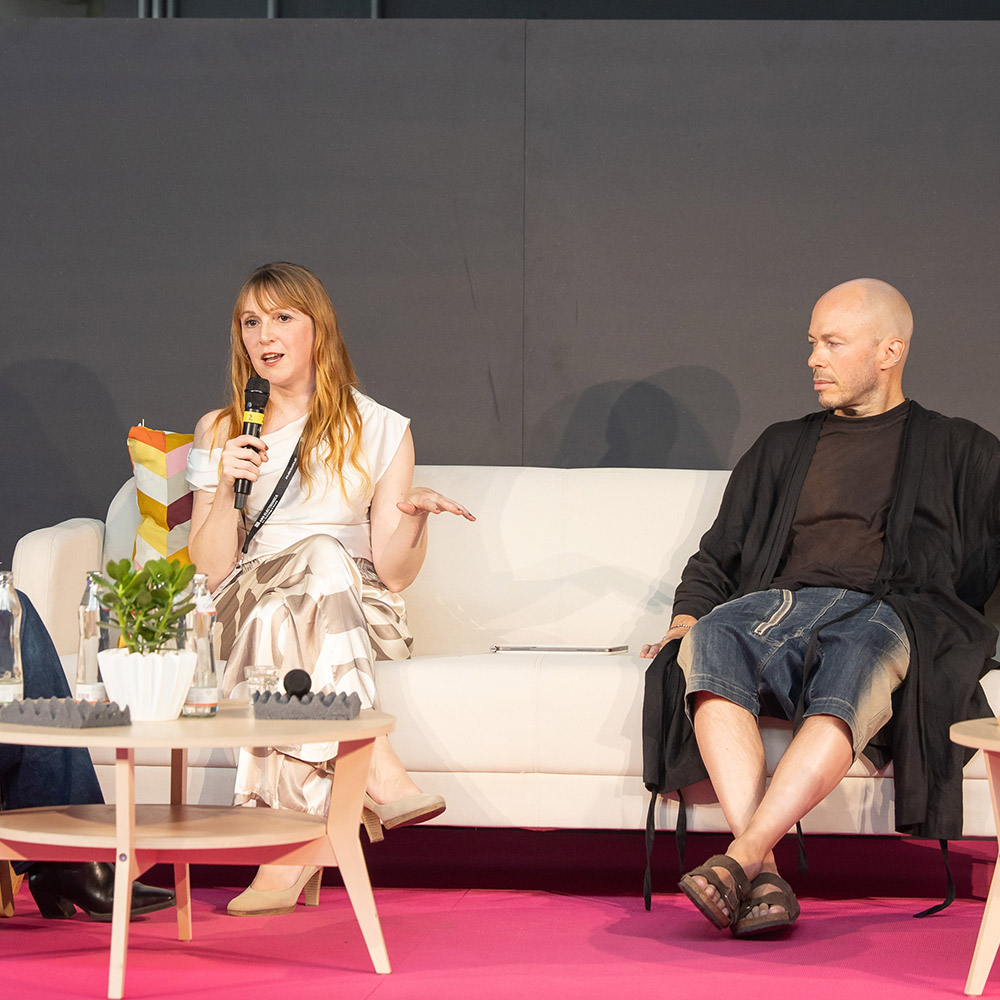
Anti-dystopia and apocalyptic thinking against panic
Isabella Hermann (DE), Julian Reid (GB/FI), Moderator: Johanna T. Wallenborn (DE)
Isabella Hermann and Julian Reid examine why we are urged to embrace vulnerability, accept catastrophe as inevitable, and treat even the most traumatic events as collective lessons for survival and growth.
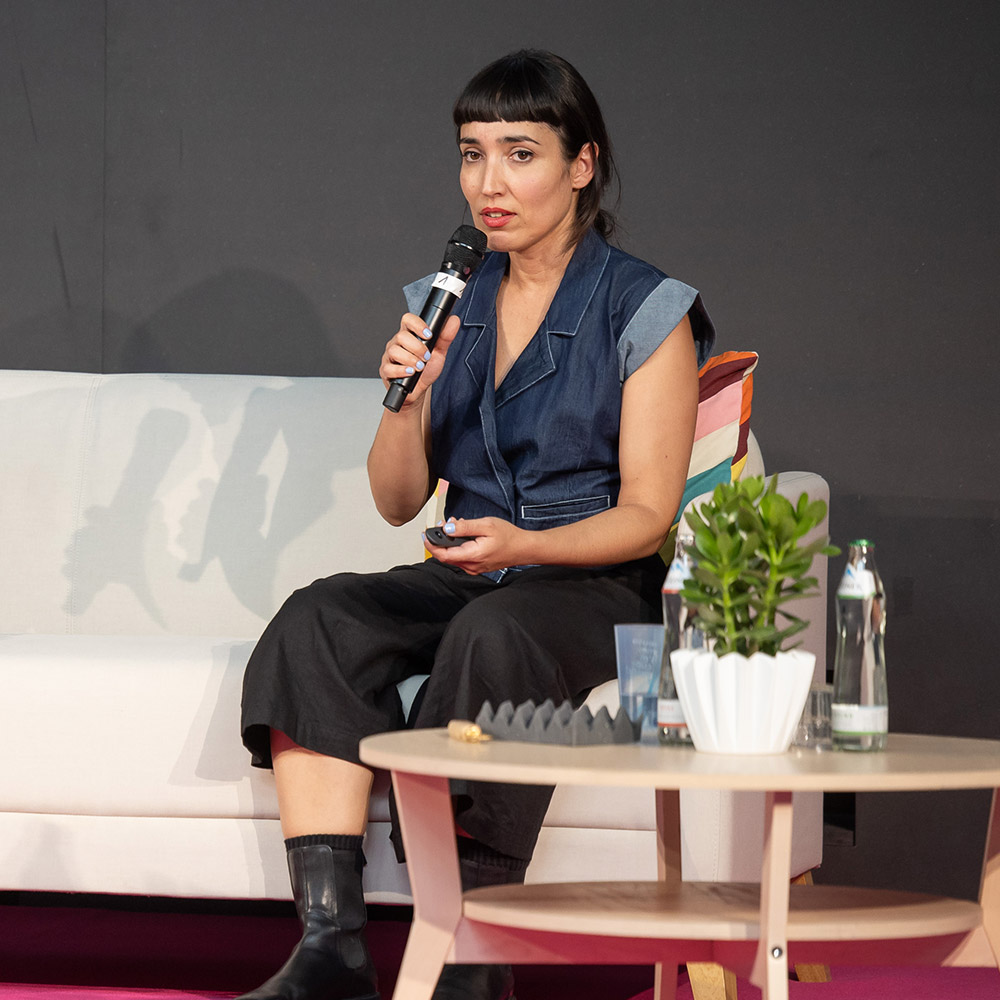
Occupy PeaceTech
Nathan Coyle (GB/AT), Fernanda Parente (BR/DE)
How can creatives, activists, and disruptors shape PeaceTech from the inside—ensuring people come first, and strategy comes second?
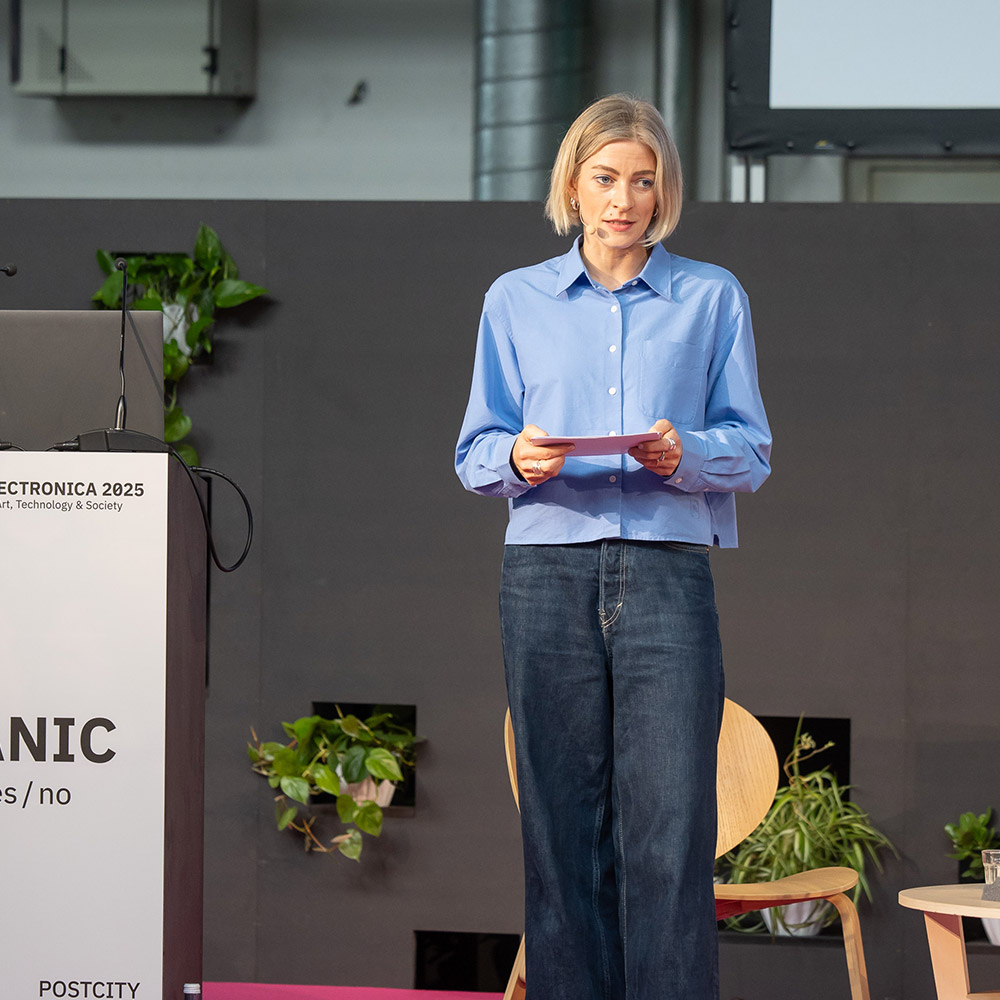
Closing remarks
Johanna Teresa Wallenborn (DE)
Stage host Johanna T. Wallenborn will close the day and give a brief outlook on the program for the following conference day.

